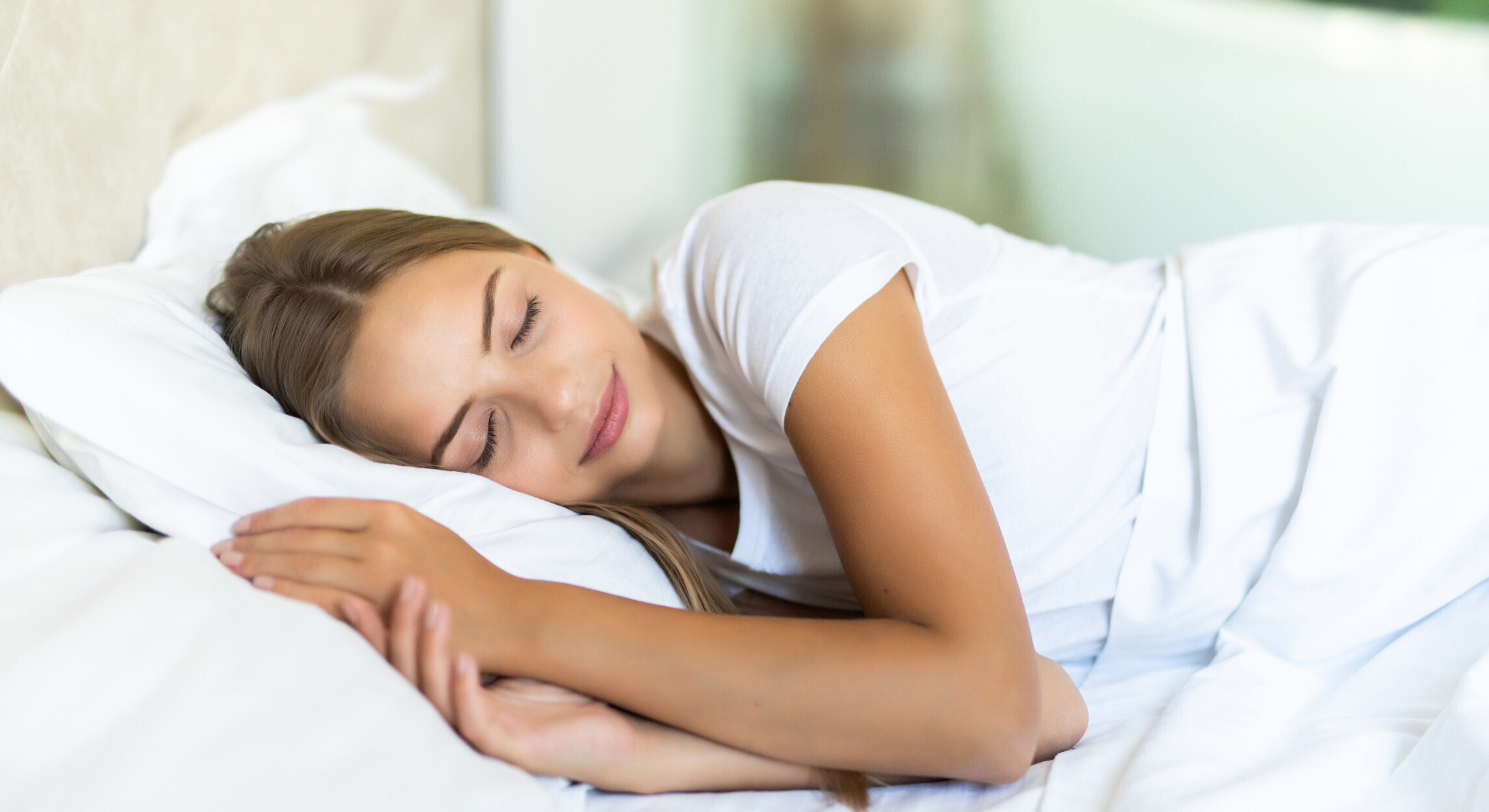Sleep is a vital function that allows our bodies to regenerate, consolidate our memory and ensure our physical and mental well-being. Yet many people suffer from sleep disorders, which can have harmful consequences for their health, performance and quality of life. What are the best practices to adopt to promote quality sleep? Here are a few tips and recommendations.
Why is a good night's sleep essential?
Getting enough good sleep is essential for our health. Sleep fulfils a number of important functions. Firstly, physical recovery is closely linked to sleep, which helps to restore muscle tissue, strengthen the immune system, regulate metabolism and hormones and prevent ageing. What's more, sleep has a direct impact on memory consolidation. In fact, sleep promotes learning, the storage and sorting of information, problem-solving, creativity and decision-making. Finally, sleep quality helps maintain emotional balance. Sleep helps regulate mood, stress and anxiety, and boosts self-confidence.
What are the negative effects of a lack of sleep?
A lack or poor quality of sleep can have negative effects on health and well-being. First of all, fatigue reduces alertness, attention, concentration and reactivity, thereby increasing the risk of accidents. Sleep deprivation also impairs cognitive capacity, memory, learning, creativity and reasoning, and reduces performance at school or work. In terms of metabolism, it can lead to disturbances in appetite and weight, and a predisposition to diabetes or obesity. The immune system can also be affected, leading to greater vulnerability to infection, inflammation and allergies. Lastly, as mentioned above, getting enough sleep and feeling fit helps to prevent a decline in mood and motivation, and to better control the onset of stress and anxiety.
How to sleep well?
To get a good night's sleep, it's important to follow certain healthy lifestyle rules, which will help synchronise our internal biological clock, make it easier to fall asleep and stay asleep, and prevent sleep disturbances. Here are a few things you can do to get a good night's sleep:
- Have a regular sleep schedule: go to bed and get up at fixed times, respecting your individual sleep requirements, which vary according to age and individual, but which average 7 to 8 hours per night for an adult. Avoid large gaps between weekdays and days off.
- Exposure to natural light during the day: sunlight is the main synchroniser of our biological clock, which regulates the sleep-wake cycle. Exposure to light in the morning and during the day will help you feel awake and active, and prepare you for sleep in the evening.
- Reduce exposure to artificial light in the evening: the blue light emitted by screens (television, computer, smartphone, tablet) and LED lamps will inhibit the secretion of melatonin, the sleep hormone, and delay sleep onset. It is advisable to avoid screens for at least an hour before going to bed, and to use subdued light or anti-blue light filters.
- Regular physical activity: sport will increase sleep pressure, promote muscle relaxation, reduce stress and improve sleep quality. We recommend moderate to intense physical activity at least 3 times a week, preferably in the morning or afternoon, and avoiding intense sport in the evening, which can have a stimulating effect.
- Avoid stimulants: caffeine, theine, nicotine, alcohol and spices are substances that stimulate the nervous system, delay sleep, fragment sleep and alter its quality. It is advisable to limit the consumption of these products, and to avoid them in the evening, at least 4 hours before going to bed.
- Eat a light supper: a meal that is too large, too fatty, too sweet or too spicy can disrupt digestion, cause gastric reflux and impair sleep. It's best to eat dinner at least 3 hours before going to bed, and choose light foods rich in complex carbohydrates, proteins and tryptophan, an amino acid that is a precursor of melatonin. For example, vegetable soup, pasta salad, grilled fish, yoghurt and herbal tea.
- Relaxing before bed: it's important to unwind and disconnect from everyday worries before going to sleep. You can create a ritual that encourages sleep, such as listening to soft music, reading a book, meditating, doing breathing exercises, or even engaging in sexual activity, which releases endorphins and promotes relaxation.
- Create a sleep-friendly environment: the bedroom should be a place dedicated to sleep and privacy, not an office, living room or games room. Make sure the bedroom is quiet, dark, cool and well ventilated. You can use blackout curtains, earplugs, a sleep mask, a fan or an essential oil diffuser to make the bedroom more comfortable.
- Avoid naps that are too long: a short nap (20 to 30 minutes) in the early afternoon can be beneficial for recovering from fatigue, improving alertness and optimising performance. On the other hand, a nap that is too long, too late or too frequent can disrupt the circadian rhythm, reduce sleep pressure and make it more difficult to fall asleep in the evening. Naps should therefore be limited in length and frequency, and avoided after 4pm.
Our solutions for getting back to sleep:
In this article, we've given you a number of tips to help you get better quality sleep. However, from time to time, certain events beyond your control can interfere with your good habits: new responsibilities at work, bad weather, shifting working hours, etc. To help you get the upper hand on these events that can impact on your nights, we have a range of wellness products and food supplements that are ideal for reducing your stress levels and soothing you as you drift off to sleep! We've combined our best stress-busting products in a pack with a very evocative name: No Stress. What's more, we're also offering water-soluble CBD extract in individual formats or in a money-saving pack.










